Intelligent Design and the Scientific Community
by Jacob Jedamus-Denu on Apr 1, 2014 | Views: 1253 | Score: 12
| General Public | Scientists | |
|---|---|---|
| Believe in God | 83 | 33 |
| Believe in a higher power | 12 | 18 |
| Don't believe in either | 4 | 41 |
| Don't know/refused | 1 | 7 |
Percentage
Sources:
pewforum.org

 of
of




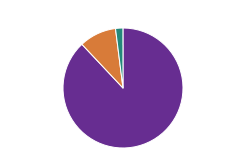
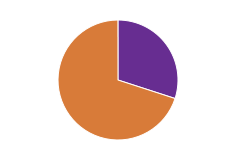
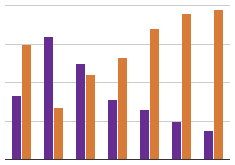
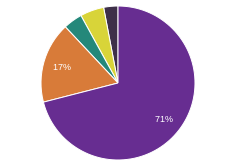

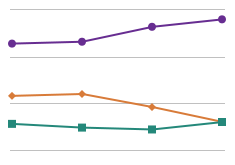
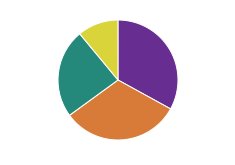
According to a 2009 PEW research survey, American scientists are much less religious than the general public. Forty-one percent of scientists don't believe in God or a higher power, while only four percent of Americans share this view.
Part of the scientific method is to suspend "belief" in pursuit of empirical data- it's a "show me the beef" world view. Most "belief" systems are inculcated, or socialized, into the lives of young people before they have a choice. The belief is assumed because loved ones follow and teach it. But as the student becomes a scientist, a new methodology is learned, the scientific method. When the rigors of the method are applied to the teachings of a religion,. So, perhaps it makes sense that scientists are leading "doubters".
I like how you tie the scientific method to an understanding of religion. I wonder what percentage of scientists began their studies with a belief in religion, and ended without one? What I like is that applying the scientific method to religion likely leaves one with two choices: alter their religious view, or alter their understanding of science.